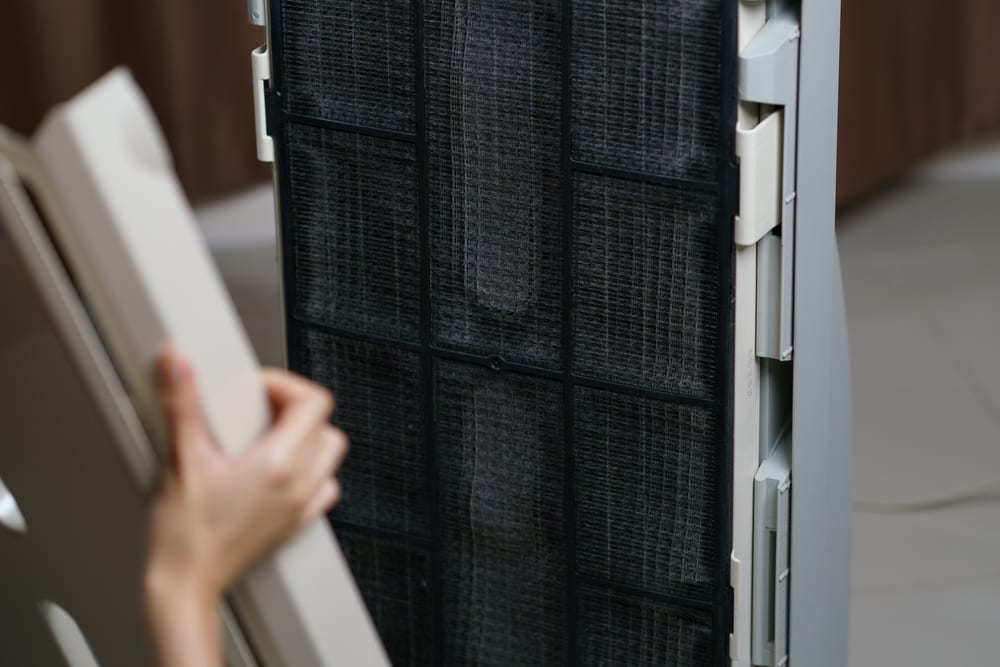
HEPA (short for High-Efficiency Particulate Arresting) is an acronym that many homeowners and business owners in the Midwest are familiar with in conjunction with several cleaning products, including air filters. But if you’re one of those people, there are probably some things you don’t know about HEPA air filters–and Mid-West Instrument is here to help.
The Meaning of HEPA
A product bearing the label ‘contains HEPA’ is designed in a specific manner that allows it to effectively capture dust and other microparticles. With HEPA filters, an air purifier can trap dust, dander, mold, and pollen and prevent them from floating inside your home or office. The result is sifted air that’s 99% particle-free.
How HEPA Air Filters Work
As air passes through a HEPA filter, all potentially harmful contaminants are trapped using various methods such as impaction, diffusion, and sieving. Impaction involves capturing the harmful particles as they move through the filter. Diffusion is a method that bounces the dirt and other contaminants as they move through the filter and sticks them on the filter itself. Sieving uses fibers to trap particles as they pass through the filter.
HEPA Ratings
There are three HEPA ratings you’ll see on an air purifier: “True HEPA”, “HEPA type”, and “HEPA like”. To the average person, these different terms may not seem like much of an issue. But in reality, there are significant differences between the three. True HEPA is the gold standard, certifying that the product meets all of the quality standards set by the Department of Energy. Meanwhile, HEPA type and HEPA like are not held to any such standards, and therefore do not trap particles as efficiently as True HEPA.
HEPA Air Filters Help Beat Asthma and Other Allergies
For many homeowners, the number one goal of an air purifier is to protect people with asthma and other respiratory allergies. A HEPA air filter helps trap close to 100% of dust, mold, and other harmful particles, ensuring that everyone can breathe clean fresh air.
HEPA Air Filters Require Regular Replacement
Unlike self-cleaning filters, for a HEPA air filter to do its best job, it needs to be replaced regularly. This is especially true for HEPA filters that are not reusable. Depending on the filter type, it will need to be replaced anywhere from six months to two years.
HEPA Air Filters can be Breeding Grounds for Pathogens
As mentioned above, the average HEPA air filter should be replaced about twice per year. One of the reasons is because if the filter is not watched closely, it can become a breeding ground for harmful pathogens such as mold. If the filter is ignored and the mold is allowed to reproduce at its leisure, the very same particles you’re trying to get rid of will find their way back into your home or office, recontaminating the air you breathe.
Learn more about High-Grade HEPA Air Filters Today
If you need to rid your home or business in the Midwest of 99% of dust, dirt, mold, and other and potentially harmful particles, HEPA air filters are an excellent choice. Contact Mid-West Instrument today to discuss your needs related to air filtration products.

